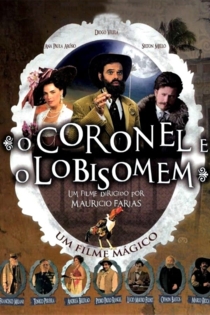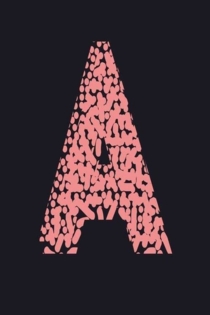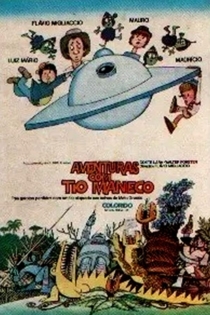
Maurício Farias
2021Hebe: A Estrela do Brasil
Maurício Farias
Andréa Beltrão, Marco Ricca
Hebe Camargo is one of the most emblematic entertainments in Brazil. At her 60s, she went on to control her own career and, despite the criticism, the dreadful husband and the powerful and sexist bosses, she revealed herself to the public as an extraordinary woman, capable of overcoming any personal or professional crisis.
Hebe

O Coronel e o Lobisomem
Maurício Farias
Diogo Vilela, Selton Mello
Colonel Furtado struggles to keep his lands, the Sobradinho Farm, and win the heart of his cousin Esmeraldina. In the process, he fights big beasts, experiences the taste of a bohemian life in town, fends usurers and thieves off, and uses all his cunning to get rid of haunting entities. His rival is the man he was brought up with, Pernambuco Nogueira, a werewolf.
O Coronel e o Lobisomem

A Grande Família: O Filme
Maurício Farias
Marco Nanini, Marieta Severo
For forty years, the public functionary and family man Lineu and his beloved wife Nenê celebrate their first date going to the same ball where Lineu borrowed the jacket his competitor Carlinhos. In the present days, Lineu feels uncomfortable when his colleague Pacheco dies and goes to the doctor for health examination. When the result of his tomography arrives, his doctor says that he had seen some blur in his lungs and with that report he would give the correct diagnosis. Lineu steals the document afraid of having a tumor, but he believes he will die sooner. Meanwhile, Nenê meets Carlinhos in the supermarket where he is the manager and invites him to have dinner with her family. Lineu hides his concerns to Nenê, and his attitudes in the dinner misguide Nenê, and she believes Lineu has a lover and does not love him anymore
A Grande Família: O Filme

Antígona 442 A.C.
Maurício Farias
Andréa Beltrão
In ancient Greece, a young princess faces the king's order that one of her brothers who fought in the war should not be buried. Antigone buries her brother and pays for it with her life. Antigone's act is sacred, it obeys the human law of caring for our dead. King Creon's act is a political act, a punishment. Who is right? Inspired by Sophocles' play.
Antígona 442 A.C.




